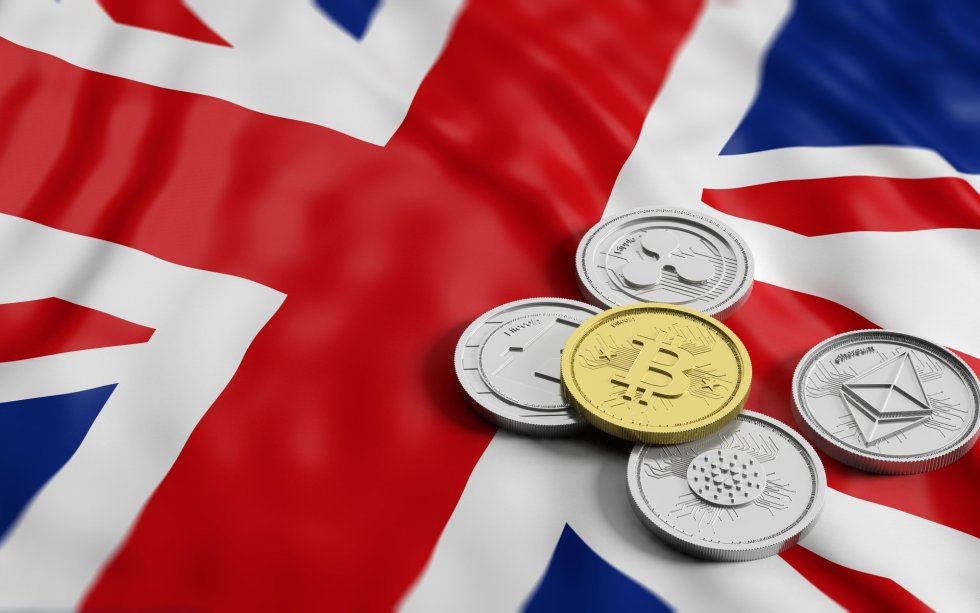Britain’s crypto industry was given a boost yesterday when a panel of lawmakers finally classified digital assets as property. The move clears a path for businesses to start utilizing blockchain based tokens and moving forward with crypto development.
Crypto is Property
While the US is still falling behind grappling with its definition of what defines a security, the UK has taken a step forward by classifying crypto assets as property. A panel, led by the senior High Court judge Sir Geoffrey Vos, issued a legal statement on Monday that took significant steps to address uncertainty around crypto assets and their underlying technologies.
According to reports, the public consultation aimed to provide more clarity on the definition of digital currencies, with Vos adding;
The answers to those legal questions will provide a dependable foundation for the mainstream utilisation of cryptoassets and smart legal contracts.
A legal statement said that crypto assets ‘have all of the indicia of property’, which would grant them a similar legal standing. The panel elaborated …
novel or distinctive features possessed by some crypto-assets — intangibility, cryptographic authentication, use of a distributed transaction ledger, decentralisation, rule by consensus — do not disqualify them from being property
The decision has been lauded by industry observers as it will serve as a foundation for the mainstream adoption of crypto assets and smart contracts in the UK. Additionally the clarification could provide a strategic advantage to blockchain startups operating in the country.
Government backed industry initiative, Lawtech, is part of the UK Jurisdiction Task Force that made the announcement. Director of the Lawtech Delivery Panel, Jenifer Swallow, added;
It is great to see the adaptability of our common law system to fast-changing technology, demonstrated in this landmark legal statement from the UKJT. Tech Nation is excited to work with the Lawtech Delivery Panel on leading initiatives such as this, to support business growth, clarity in law and the evolution of new tech.
She continued to state that the worldwide smart contract market is expected to reach $300 million by 2023, and the World Economic Forum predicts 10% of global GDP will be stored on the blockchain by 2027.
Panel chair, Christina Blacklaws, was equally enthusiastic about the classification of crypto assets;
It is excellent to see that English and Welsh law has no issue embracing new technology – recognising cryptoassets as tradable property and smart contracts as enforceable.
While the US still flounders over its own regulatory hurdles China and now the UK are going full steam ahead on blockchain and crypto.
Will ease of UK regulation boost crypto markets? Add your comments below.
Images via Shutterstock
